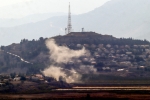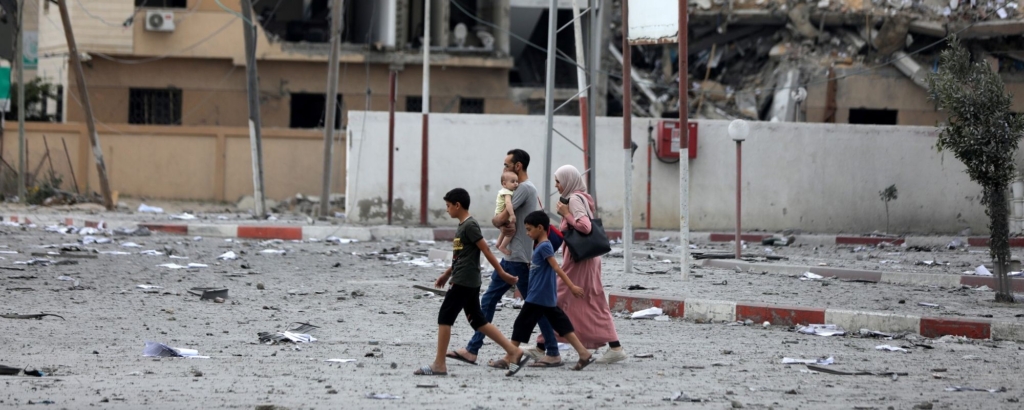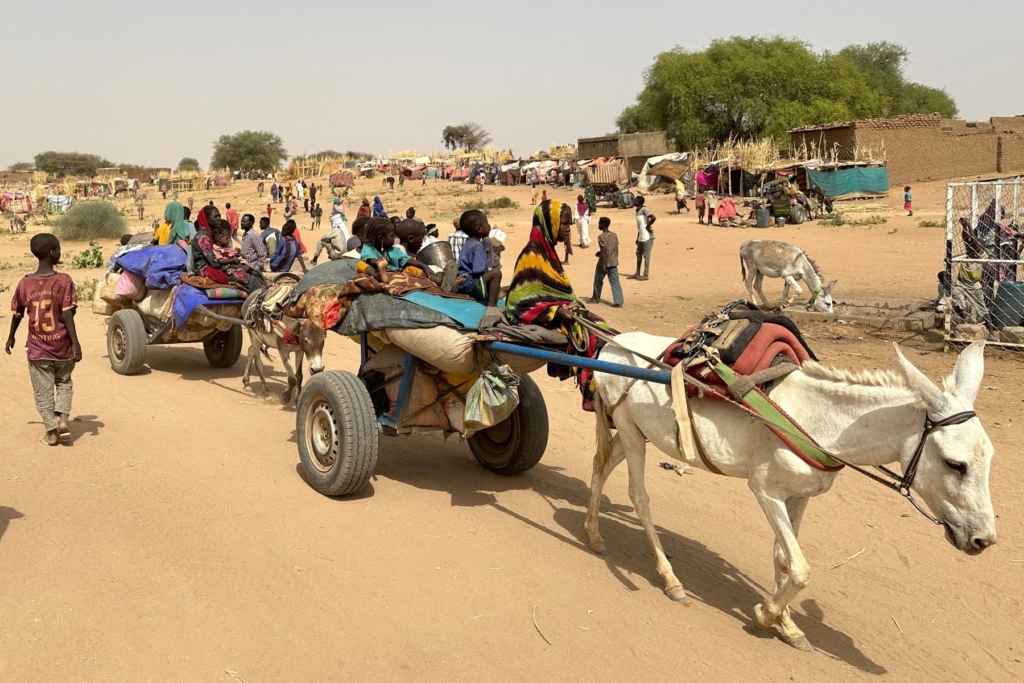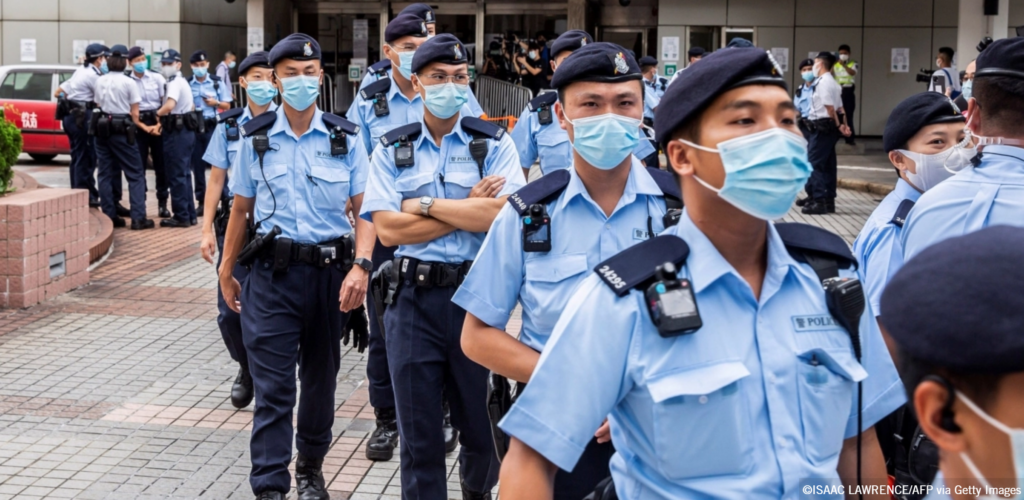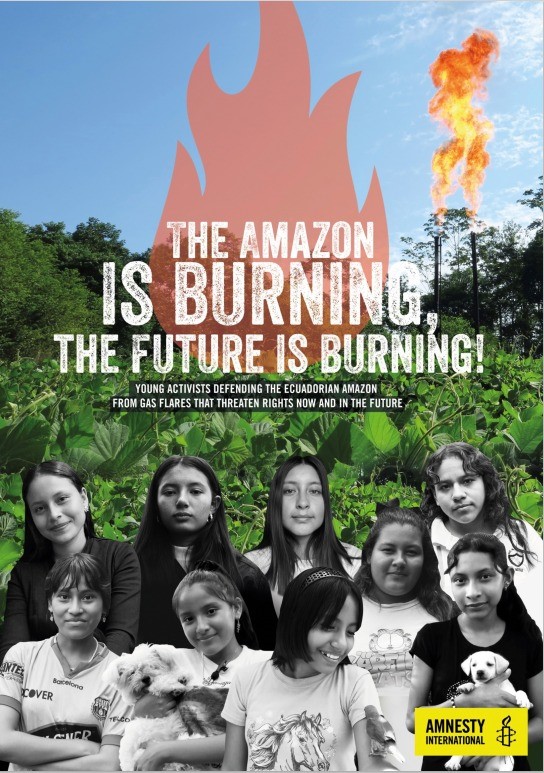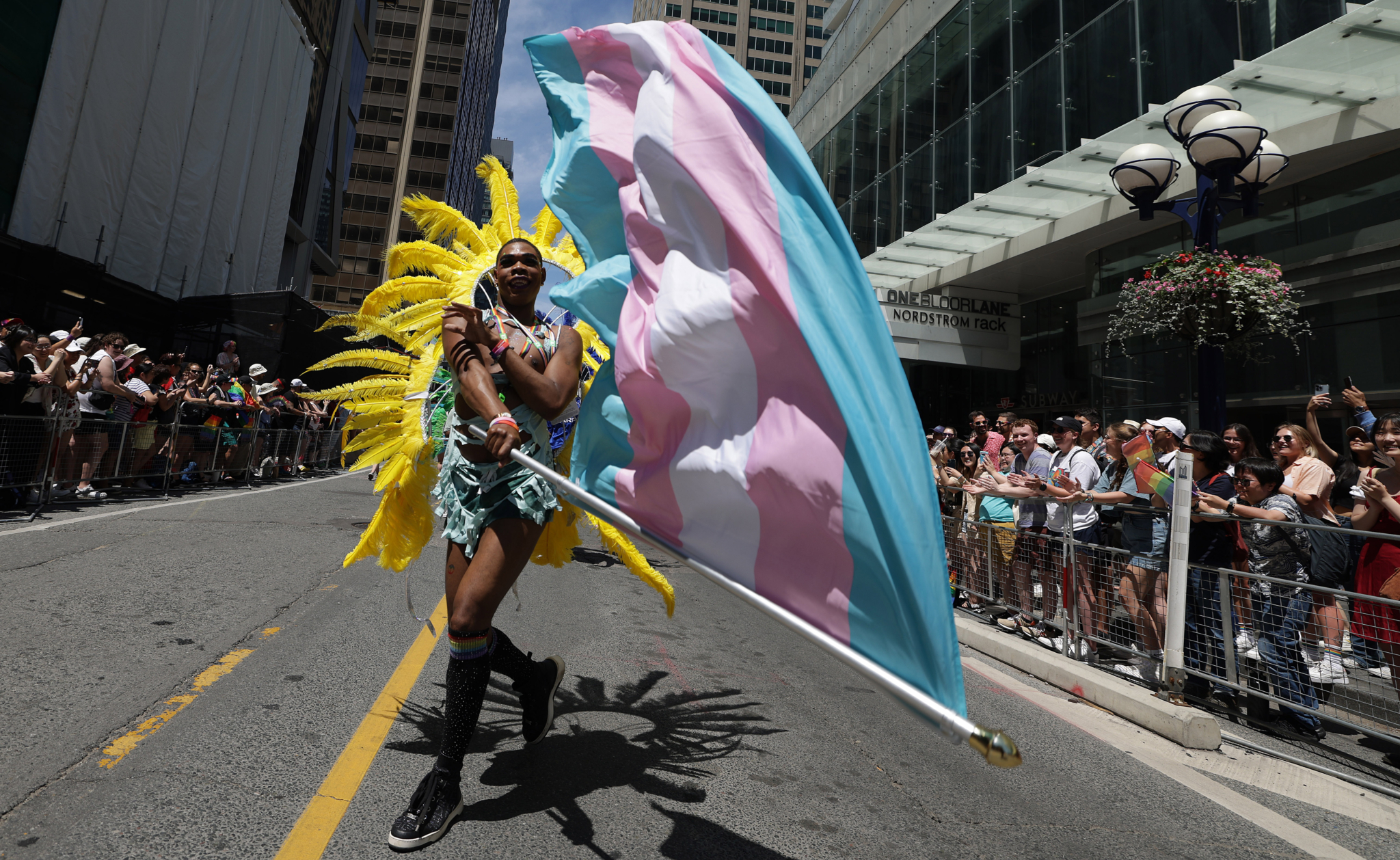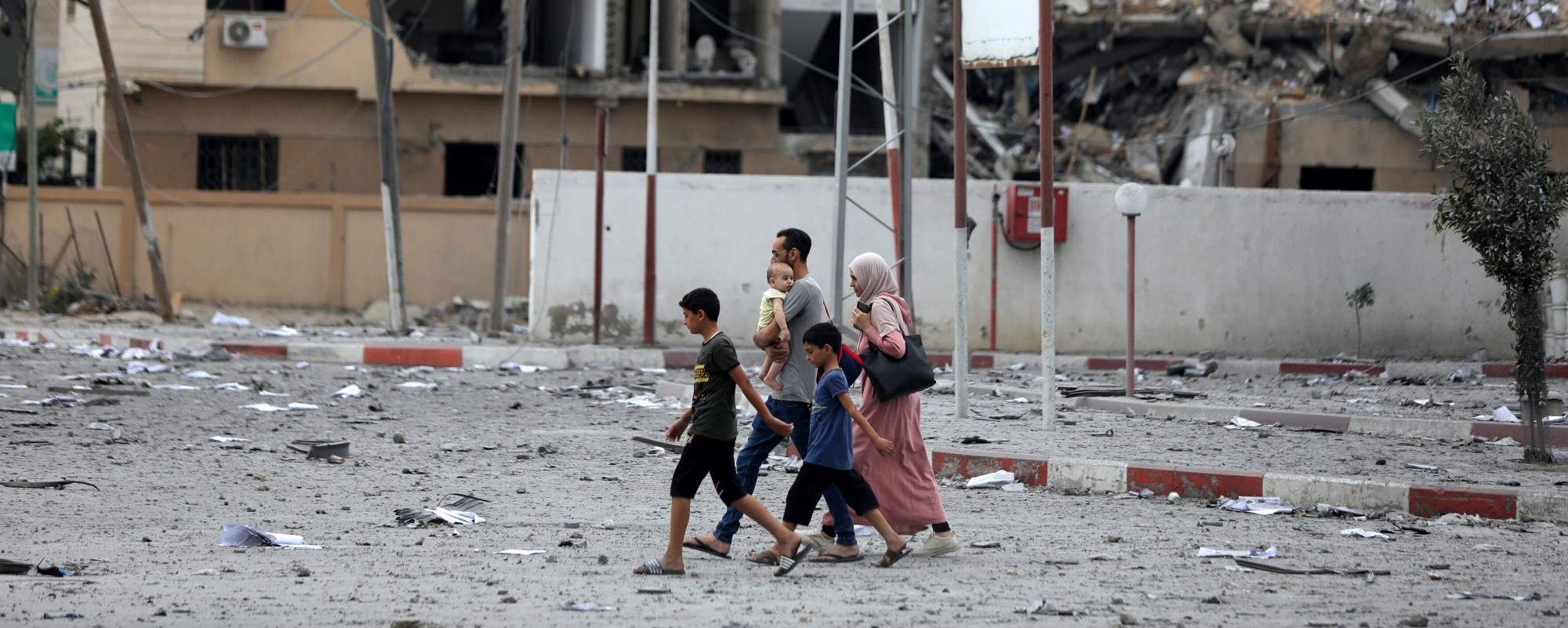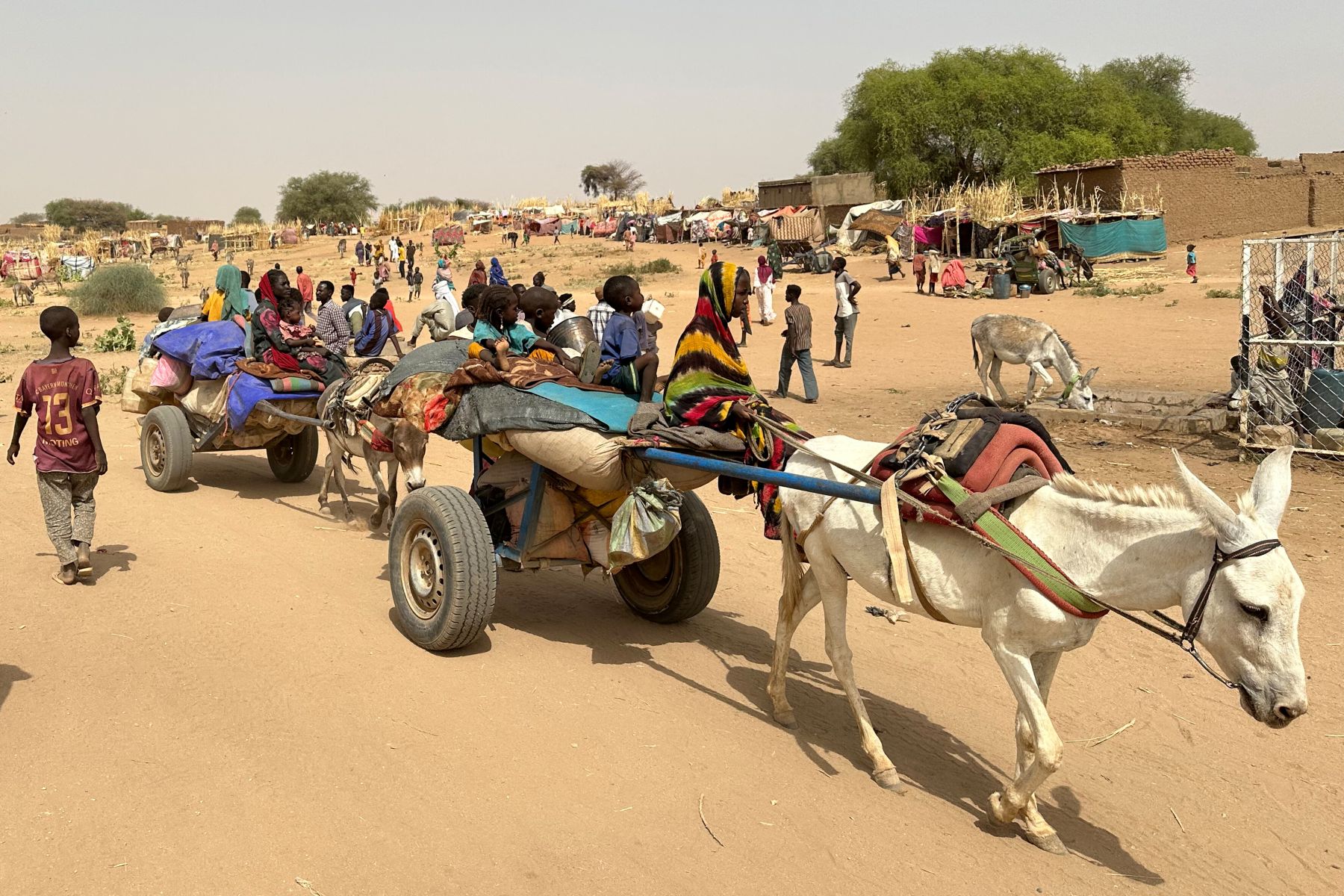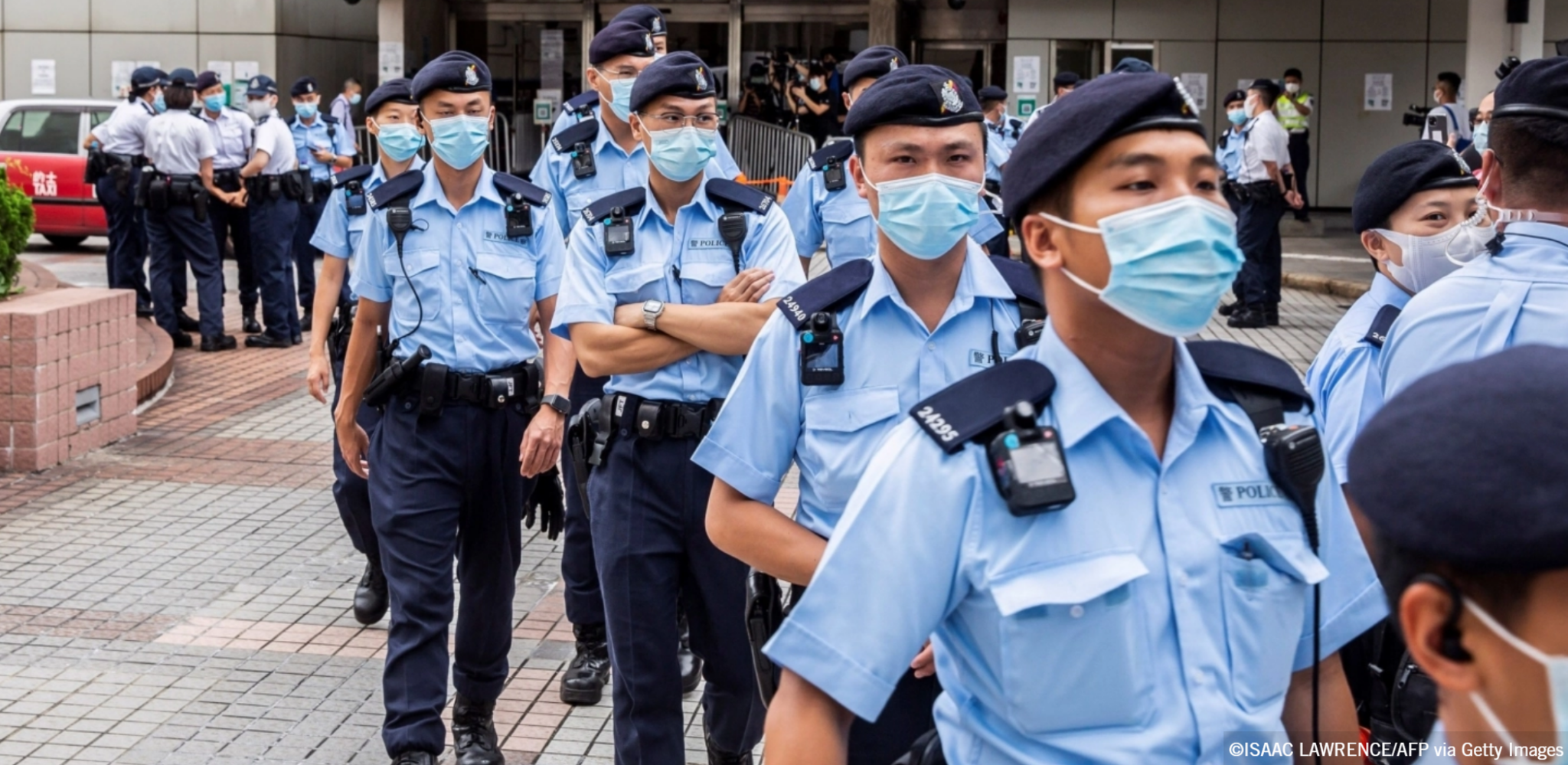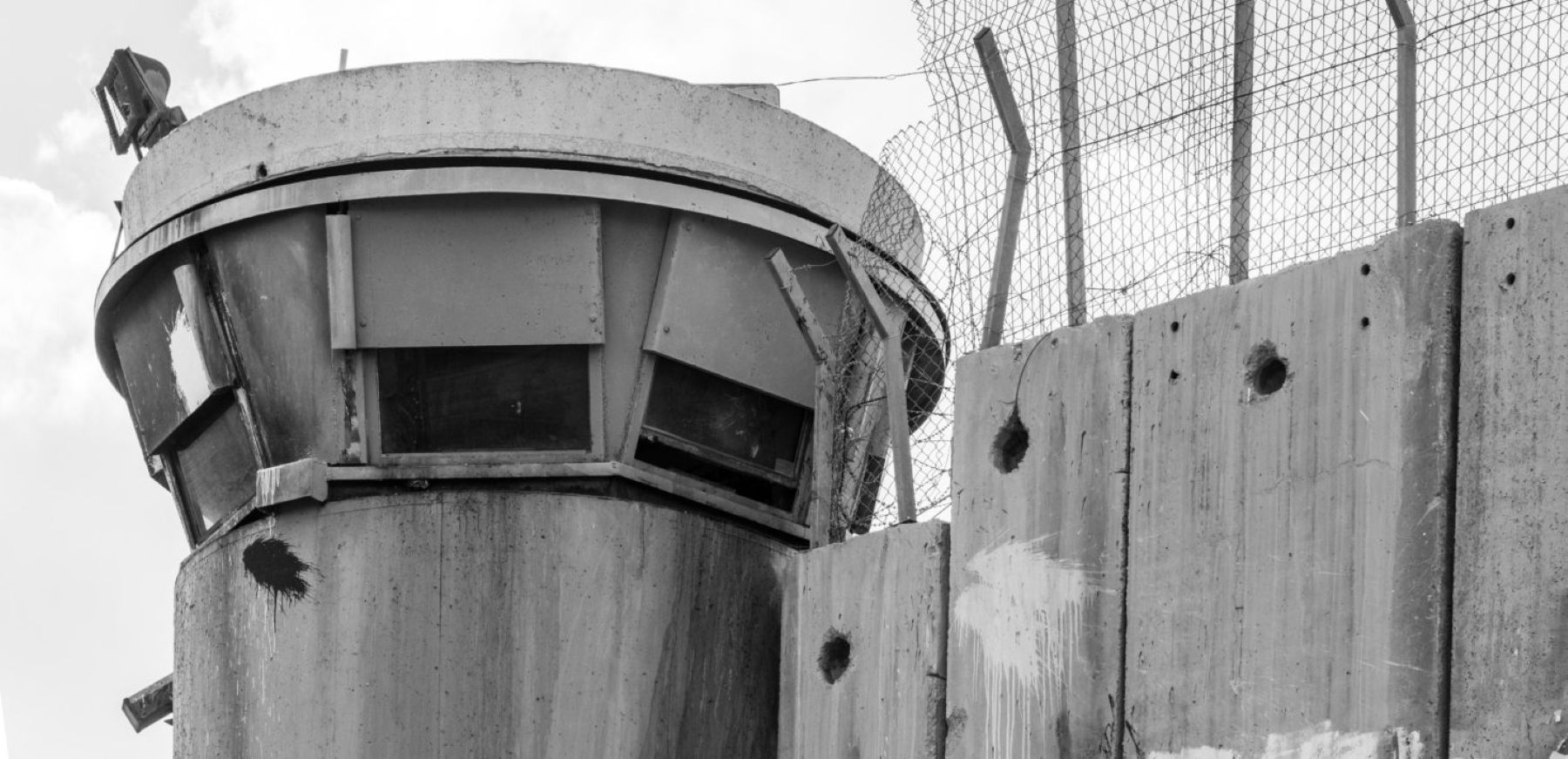SUMMARY OF BILL C-31 AND AMNESTY INTERNATIONAL’S CONCERNS WITH THE PROPOSED LAW
Bill C-31, the Protecting Canada’s Immigration System Act, was tabled in the House of Commons in February 2012. The Bill made several amendments to Canada’s Immigration and Refugee Protection Act (IRPA), including:
Designated foreign nationals: Bill C-31 authorized the Minister of Public Safety to “designate as an irregular arrival” a group of persons if he or she has reasonable grounds to suspect that their arrival is in contravention of the IRPA’s human smuggling provisions. Being designated comes with significant human rights consequences, including mandatory, automatic, and arbitrary detention, including of children; denial of a prompt detention review and right to appeal; and denial of access to permanent resident status.
Designated Countries of Origin: Bill C-31 authorized the Minister of Citizenship and Immigration to designate a country as a “safe” country of origin and them impose discriminatory and unfair limitations on the rights of refugee claimants originating from that country, including a denial of access to an appeal before the Refugee Appeal Division
Unfair Timelines: Bill C-31 imposed new, significantly shorter, and unfair timelines for the refugee claim determination process, from the submission of the basis of claim, to the hearing, to appeal.
Changes to the process of submitting and considering humanitarian and compassionate grounds (H&C) applications: The H&C provisions of Bill C-31 effectively forced foreign nationals to choose between making a claim for refugee status or applying to remain in Canada on H&C grounds. It is only if failed claimants are still in Canada one year after their claim has been rejected that they will have an opportunity to make an H&C application. During that period, they may be removed from Canada. Under Bill C-31, those marked as “designated foreign nationals” must wait five years after their designation before they can make an H&C application.
In our submissions to the House of Commons Standing Committee on Citizenship and Immigration, Amnesty International emphasized that Bill C-31 runs counter to Canada’s international legal obligations with respect to refugees. The Bill permits discriminatory sanctions, arbitrary detention, denial of due process rights to have detention reviewed and access to appeal mechanisms, and denial of access to fair refugee determination procedures. The amendments are so harsh and cruel and the human rights violation at issue so fundamental, numerous, and inter-related, that Amnesty International called for the entire Bill C-31 to be withdrawn.
STATUS OF BILL
Bill C-31 was passed and received Royal Assent in June 2012.
UPDATES
In 2015, the bar to a right of appeal to the Refugee Appeal Division for refugee claimants from DCOs introduced by Bill C-31 was found by the Federal Court of Canada to be unconstitutional in the case of Y.Z. v Canada. On 7 January 2016, the newly elected government of Canada announced that it would discontinue its appeal of the case to the Federal Court of Appeal.
LEGAL RESOURCES
Amnesty International Brief to the House of Commons Standing Committee on Citizenship and Immigration – Unbalanced Reforms: Recommendations with respect to Bill C-31 (April 2012)
Final text of Bill C-31, the Protecting Canada’s Immigration System Act
MEDIA
“Government’s refugee reform bill no longer balanced” (17 February 2012)











